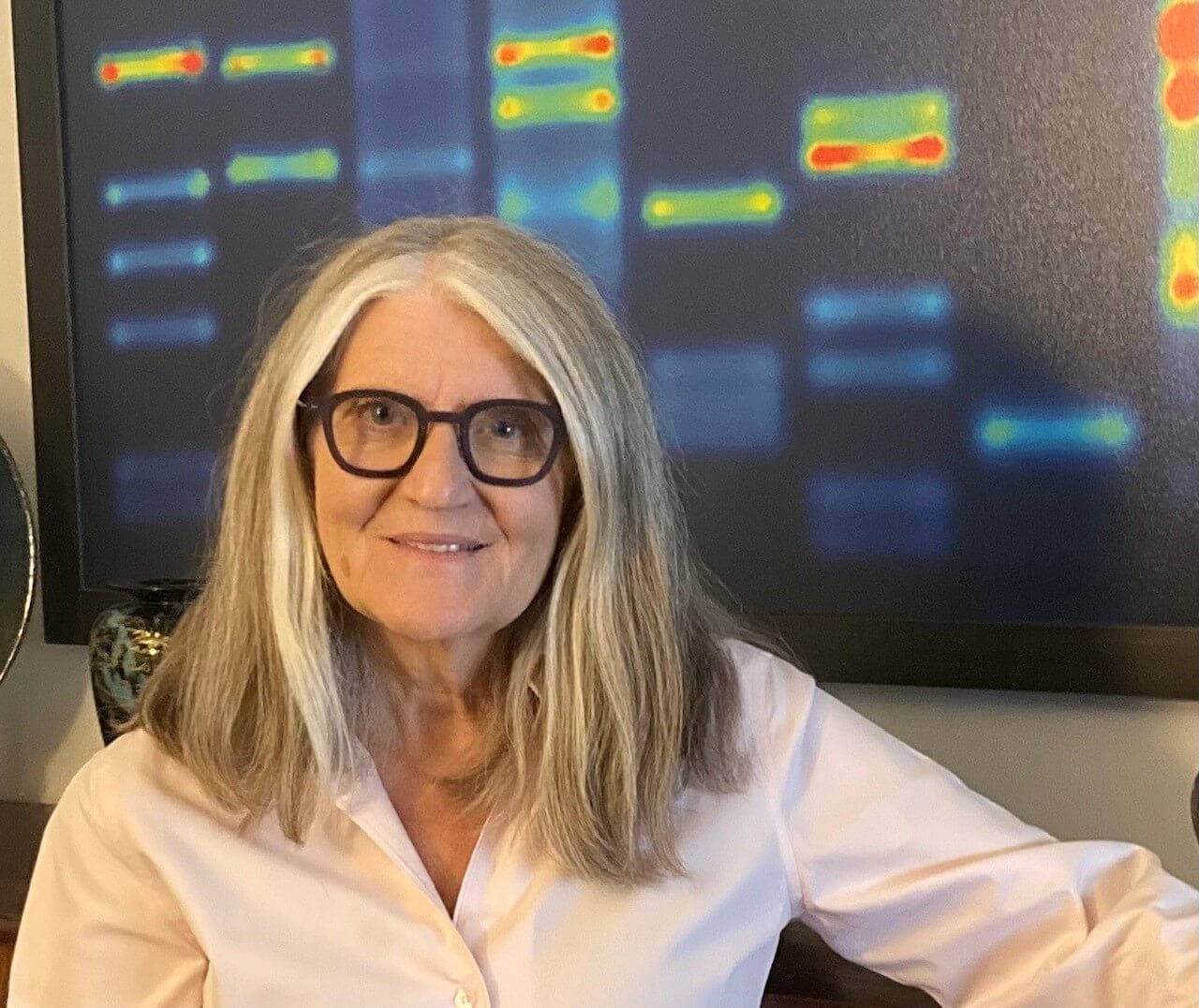Who are your finance heroes?
I don’t really have any, but if I were to think about someone whose approach resonates, it’s the straightforward, common-sense approach of Dave Chilton [author of The Wealthy Barber]. And I learned a lot about how not to approach my money decisions from my mother.
How do you like to spend your free time?
With my family, especially my three grandchildren. Walking around cities—I suppose I’m a flâneuse. There’s really no English word for it, but [it means] meandering, especially in urban spaces with history. I love old churches, museums and galleries. And I write a lot of stories and poems I never show anyone.
If money were no object, what would you be doing right now?
Pretty much what I’m doing now, but with a little more balance of personal time to travel. I love the idea of living in a different city for a few months at a time, long enough to develop habits and a sense of what it means to be a local.
What is your earliest memory about money?
My parents fighting about it. It’s not a good memory, but I learned a lot about the importance of transparency and goal-sharing around money as a foundation of a healthy marriage.
What’s the first thing you remember buying with your own money?
A book, specifically: Leonard Cohen: Selected Poems. I still have it.
What was your first job?
A checkout girl—that’s what we were called back then—at Loblaws. I quite liked it; I was fascinated by what people bought. And, yes, I did judge. I saved all that money I earned. I wanted to leave home to go to university very badly.
What was the biggest money lesson you learned as an adult?
When I got my first job, I took a course called “Nancy Thompson’s Investing for Women.” The first lesson was that investing wasn’t any different for women than it was for men. But when there were men in the room, women stopped asking questions. I had a lot of fear about money because it was such a matter of friction growing up and I was terrified of debt. The course helped me set priorities and understand that there are different kinds of debt, and it gave me permission to invest in myself and my future.
What’s the best money advice you’ve ever received?
Don’t invest in anything you don’t understand. This kept me out of the tech bubble—and out of crypto!


